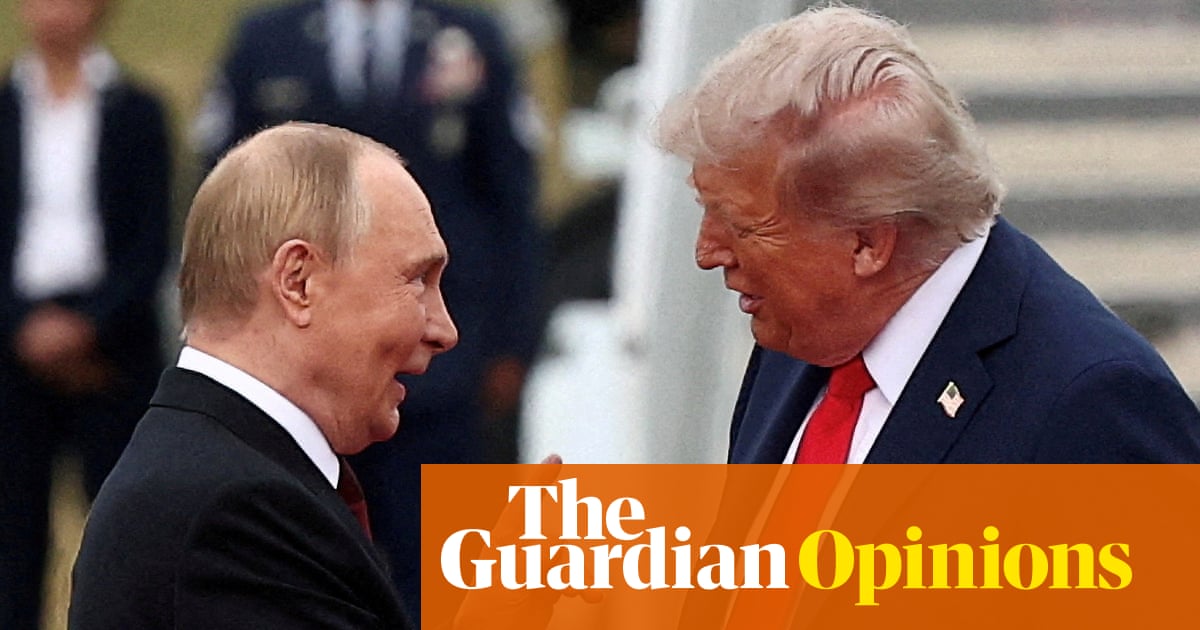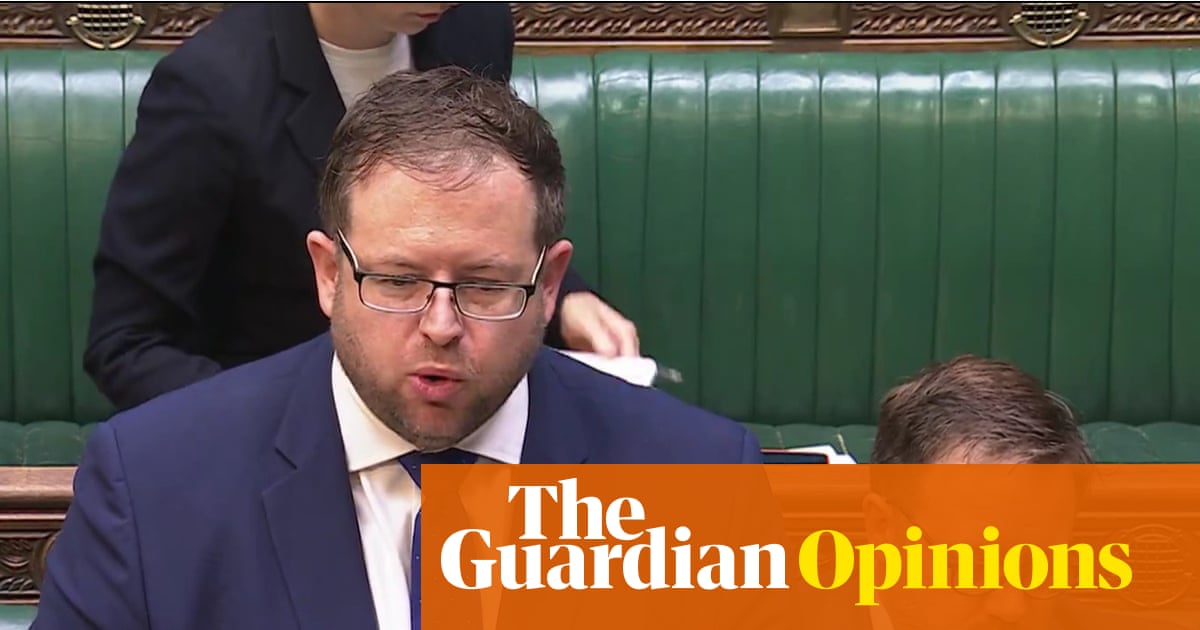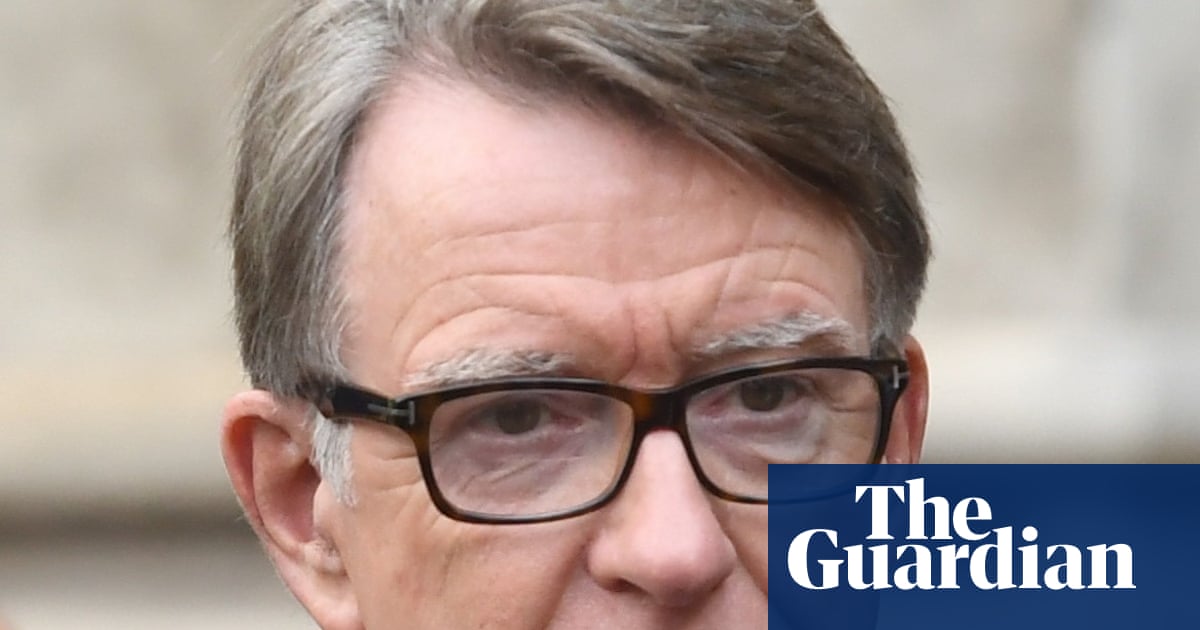Polish voters returned to the polls on Sunday for the decisive round of a presidential election whose outcome reverberates far beyond Poland’s borders. The race was a showdown between two candidates who represent the country’s stark political and ideological divide: Karol Nawrocki, a conservative historian backed by the far-right opposition party, Law and Justice (PiS), and Rafał Trzaskowski, the liberal and strongly pro-European mayor of Warsaw representing the Civic Platform (PO) party of the prime minister, Donald Tusk. The razor-thin victory for Nawrocki, who secured just over 50% of the vote, is a domestic setback for Tusk, but it also threatens wide and gloomy repercussions within the EU and beyond.
Tusk’s return to power as prime minister in 2023, after previously serving from 2007 to 2014, was widely seen as a bid to re-anchor Poland within the European project. His government promised reforms, especially in restoring the rule of law, after years of confrontational policies under PiS aimed at undermining the independence of the judiciary and the constitutional court. Those ambitions now face a significant institutional roadblock. While the Polish presidency is largely ceremonial, the president has significant powers: they can veto legislation and influence domestic, foreign and defence policy. The outgoing president, Andrzej Duda, who is also aligned with PiS, used his veto to block Tusk’s reform efforts. With Nawrocki now set to occupy the presidential palace, such obstruction is expected to intensify rather than ease.
The implications of this election are potentially immense. Political deadlock between a pro-European government and a Eurosceptic president could stall Poland’s reform agenda and weaken the country’s standing within the EU. It also risks undermining the unity of the European response to Russia’s invasion of Ukraine. Poland has played a leading role here, providing humanitarian and military aid and acting as a key diplomatic force on the EU’s eastern flank. Nawrocki, though, could inject a new unreliability into that equation, as became clear during the campaign when he repeatedly pitted Poles against Ukrainian refugees. His victory could place additional strain on Europe’s cohesion at a time when the US has already rolled back military, humanitarian and diplomatic aid to Kyiv.
The comeback for PiS that this outcome represents also reflects a broader global trend of political polarisation. While far-right parties have recently lost ground in countries such as Canada, Australia and Romania, where the pro-European Nicușor Dan convincingly defeated the far-right presidential challenger, George Simion, Poland is shifting towards the conservative and nationalist camp. The Polish election signals a reconsolidation of the far right.
Nawrocki’s win is a morale boost for the international movement surrounding Donald Trump. After a string of defeats for Trump-aligned candidates, Poland’s result gives renewed momentum to the global wing of the “make America great again” agenda. At CPAC Hungary, a gathering of conservative and far-right politicians held days before the Polish vote, the US secretary of homeland security, Kristi Noem, urged Polish voters to choose “the right leader” and attacked Trzaskowski as “a train wreck”. This kind of overt election interference is increasingly common in the Trump era and illustrates how closely Europe’s far right is now tied to Trumpism.
This also reveals a paradox: while Trump undermines the credibility of multilateral institutions such as Nato through his inflammatory rhetoric, he is able to mobilise a different kind of internationalism – one for leaders across Europe who emphasise national sovereignty and identity. His implicit message, that Europe is on its own and can’t rely on the US to defend it, serves not only as a warning but reinforces nationalist instincts.
Earlier this year, Trump again declared that Nato countries “don’t pay enough” and that they could no longer count on US support, a comment that sparked near-panic in European capitals. For centrist leaders, it reinforced calls for stronger European defence cooperation. But on the political fringes, it was seen as confirmation that nations must rely on themselves. The defeat of Tusk’s favoured candidate in Poland symbolises a larger battle over the political narrative. Trzaskowski’s pro-European message, rooted in cooperation, shared values and the rule of law, failed to convince enough voters that it could protect Poland from geopolitical threats. Nawrocki’s message of national control and sovereignty resonated more.
The long-term threat from revanchist Russia, combined with Trump’s unpredictable leadership, has shaken Europe’s decades-long strategic reliance on US military protection. The continent now faces the urgent task of rethinking its own security architecture. Ironically, Trump’s unpredictability is what may accelerate this process. But it requires political will, not only in Brussels but in the capitals of EU member states. As long as parties such as PiS maintain a grip on national institutions, Europe’s strategic shift remains fragile.
Poland’s election outcome therefore serves as a warning to pro-European politicians. Without a compelling narrative on security, social protection and national identity, pro-European parties will struggle to retain voter support. The future of Europe will not be decided in Brussels alone; it hinges just as much on the electoral choices made in Warsaw, Bucharest and other capitals. The real impact of Trump in Europe, whether as a force that strengthens or weakens the European project, will ultimately be determined not in Washington but in the voting booths of Europe itself.
-
Catherine De Vries is Generali chair in European policies and a professor at Bocconi University in Milan

.png) 3 months ago
59
3 months ago
59

















































